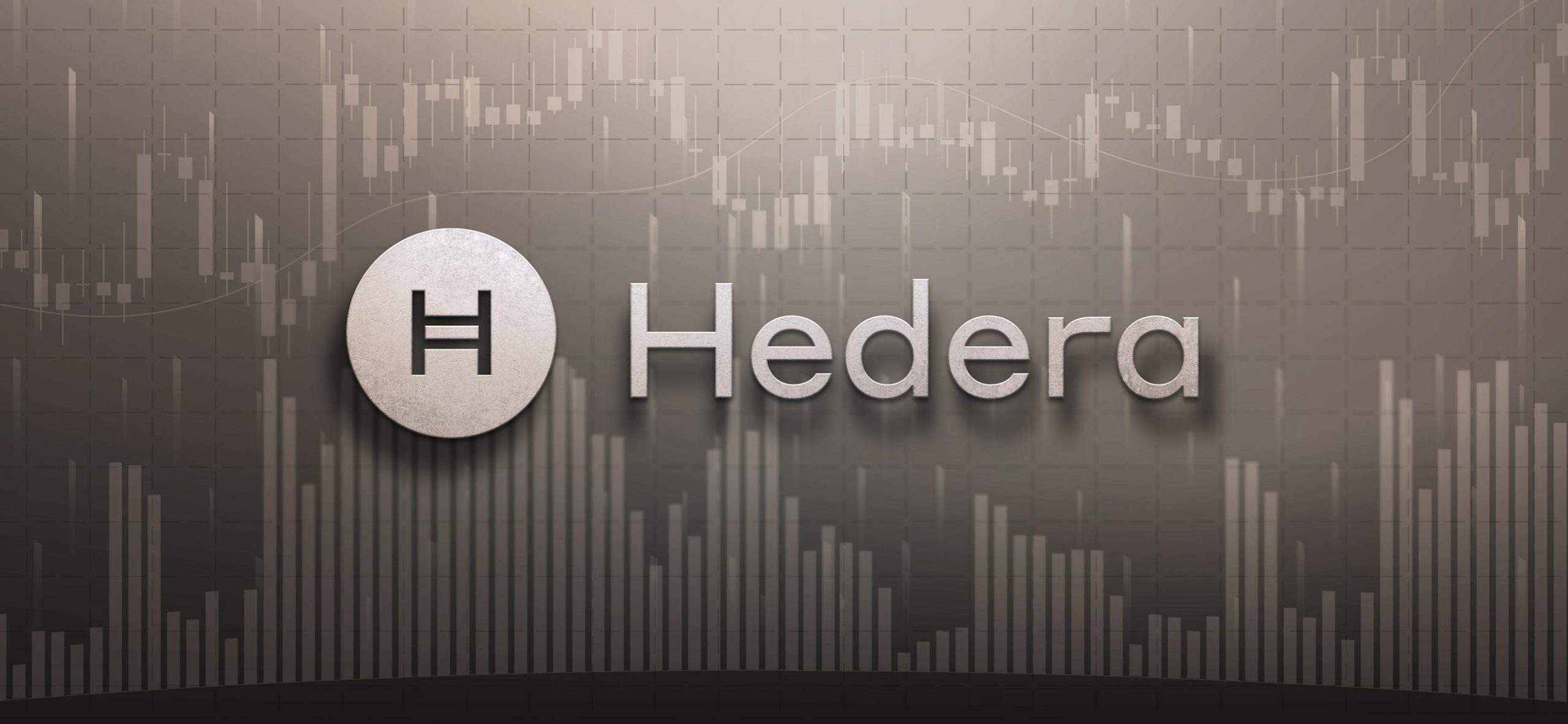Cryptocurrency adoption making its way into the existing financial domain to be acknowledged and embraced by authority within the financial institutions and central banks.
Hedera Hashgraph (HBAR) has become the leading one in implementing the ISO 20022 standard, which is cryptocurrency compliant.
The financial world is undergoing a seismic shift with the imminent implementation of ISO 20022, a unique standard to revolutionize global payments. Developed by the International Organization for Standardization (ISO), this protocol promises a secure and standardized framework for exchanging financial messages across borders. As over 70 countries, including Switzerland, China, India, and Japan, gear up to adopt ISO 20022 into their payment systems, the stage is set for unprecedented harmonization and efficiency in cross-border transactions.
ISO 20022-Compliant Cryptocurrencies:
Cryptocurrency adoption is gradually nestling its way into the existing financial domain to be acknowledged and embraced by authority within the financial institutions and central banks. One of the biggest things that enhances the legitimacy is the adoption of the ISO 20022 financial messaging standard, which simplifies messages and data exchange in high-value and worldwide payments.
While the financial services sector goes through a major transition towards the use of ISO 20022, some cryptocurrencies like Hedera (HBAR), Stellar (XLM), and Cardano (ADA) are keenly placing themselves as leaders of this transformative era.
Hedera (HBAR)
Hedera Hashgraph (HBAR) has become the leading one in implementing the ISO 20022 standard, which is cryptocurrency compliant. Hedera is a decentralized public network that uses the Hashgraph consensus algorithm to transform several industries and allow developers to develop dApps and services on a scalable, secure, and fair platform.
The platform’s native cryptocurrency, HBAR, is a multipurpose asset that performs transactions, ensuring network security via staking and taking part in governance decisions.
Stellar (XLM)
Stellar (XLM) is also a key component within that ISO 20022-enabled cryptocurrency space since it represents another important player. The core of Stellar is the ability to facilitate fast, cheap cross-border transactions while simultaneously pushing the objectives of financial inclusion on a global scale. The XLM token uses the Stellar Consensus Protocol as an algorithm that allows the implementation of fast transaction confirmations without electricity-consuming mining.
Lumens (XLM), the native currency of the Stellar network, serves as an instrumental part of the system to allow for efficient cross-border transactions and supports the tokenization of assets.
Cardano (ADA)
Cardano (ADA) has emerged as an outstanding illustration of ISO 20022 blockchain technology that operates by observing the regulations. The objective of Cardano is to provide a secure and scalable platform that can be used to develop decentralized applications and smart contracts.
The platform emphasizes scalability, sustainability, and interoperability. By using its revolutionary proof-of-stake consensus protocol Ouroboros, ADA holders can buff up decentralization and governance while receiving rewards from staking. With an emphasis on detailed research and academic cooperation, Cardano seeks to guarantee a reliable and long-term sustainable blockchain that can be used across industries.
The Effects Across the Financial Space
Implementing ISO 20022 could be instrumental in transforming different players in the financial ecosystem: financial institutions, corporations, market infrastructure providers, and technology companies. The ISO 20022 implementing standard will focus on more than 200 payment types. This standard aims to ensure uniform formats and data components by bridging the communication gaps that previously prevented interoperability.
Financial institutions will have the chance to enhance the efficiency and transparency of cross-border transactions, as corporations will gain access to faster payments and enhanced analytics. The market infrastructure and technology providers will act as key facilitators for adopting and integrating ISO 20022, which will lead to innovation and standardization in the whole sector.




